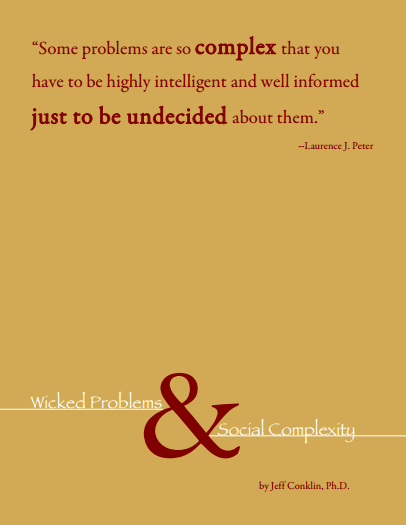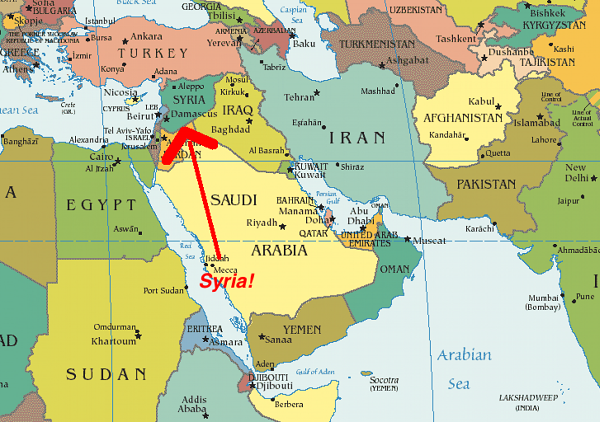Enemy of the people, battle rifles, Nikita Khrushchev too..
Friday, August 17th, 2018[ by Charles Cameron — a cascade from dangerous words to deathly deeds ]
.
There’s this tweet from Donald Trump, and it’s one among several like it:
The FAKE NEWS media (failing @nytimes, @NBCNews, @ABC, @CBS, @CNN) is not my enemy, it is the enemy of the American People!
— Donald J. Trump (@realDonaldTrump) February 17, 2017
Certain media outlets are listed as enemies, which is pretty close to calling them targets..
Remember Nixon‘s enemies list?
**
Okay, then there’s this tweet, from Alex Jones of InfoWars:
On Periscope, which is owned by Twitter, Alex Jones tells supporters to get their “battle rifles” ready against antifa, the mainstream media, and “Chicom operatives” https://t.co/OBHSFc3ofC pic.twitter.com/ntQbh9IKxz
— Media Matters (@mmfa) August 14, 2018
Let’s give that a little more context — Alex Jones ups the ante:
We’re under attack and you know that, and you pointed out mainstream media is the enemy.
But now it’s time to act on the enemy before they do a false flag. I know the Justice Department’s crippled, a bunch of followers and cowards. But there’s groups, there’s grand juries, there’s — you called for it and it’s time politically and economically and judiciously and legally and criminally to move against these people. It’s got to be done now. Get together the people you know aren’t traitors, and aren’t cowards, and aren’t hedging their frickin’ bets like all these other assholes do, and let’s go, let’s do it. Because they’re coming. Now, in your wisdom you may be playing possum and waiting for them to come in. But America needs to know that they’ve got their little pathetic commie red teams ready. And they’ve got their targets picked out: the sheriffs, the judges, the police chiefs, the patriots, the veterans, the talk show hosts, everybody. And everyone’s going to be amazed when they come and when those cowards come and it’s going to hit in the middle of the night, and they’re coming. And they’re coming. And they’re coming.
They think they can really take down America. And this is it. So, people need to have their battle rifles and everything ready at their bedsides and you got to be ready because the media is so disciplined in their deception. Antifa attacked all these people at the White House, beat up reporters, beat up women, children, no coverage. And they’ve got discipline folks, they’ve got criminal discipline because they’re a bunch of followers.
I’m suggesting with this DoubleTwweet that Alex Jones is the compulsive “id” of Trump’s repeated attacks on the “faux” media as “the enemy of the people” — essentially putting a target on the backs of those media listed, and their hournalists..
**
In the historical background, almost buried in the hiss of defective memory, we hear the voice of Nikita Khrushchev. As the New Yorker points out:
Nikita Khrushchev, in his memoirs, observed that Joseph Stalin, his despotic and bloody-minded predecessor, referred to “everyone who didn’t agree with him as an ‘enemy of the people.’”
And here’s our chance to find out what that phrase, enemy of the people, may lead to:
“As a result, several hundred thousand honest people perished,” Khrushchev said, underestimating the number of dead from Stalin’s mass repressions by many millions. “Everyone lived in fear in those days. Everyone expected that at any moment there would be a knock on the door in the middle of the night and that knock on the door would prove fatal.”
**
Now that’s a dangerous cascade, don’t you think, from Trump’s identification of certain “enemies of the people” via Alex Jones’ call for regular folks to have their “battle rifles” ready — via Khrushchev’s finding an earlier Russian echo of Trump’s phrase in Stalin’s, to Stalin’s tens of millions dead..
Take a deep enough breath..
Synonyms for shiver, the noun:
tremble, quiver, shake, shudder, quaver, quake, tremor, twitch
There’s quite a bit of poetry in that list. And..
Shiver, the verb:
shake slightly and uncontrollably as a result of being cold, frightened, or excited.
I’d say that cascade frightens me, with maybe some excitement peering out from behind the fright, just because in it there’s a premonition of conflict.. oh, and fright rhymes with excite..
Let me let you in on a secret: the poetry may be a distraction from the fright, but if so it’s a welcome distraction.











